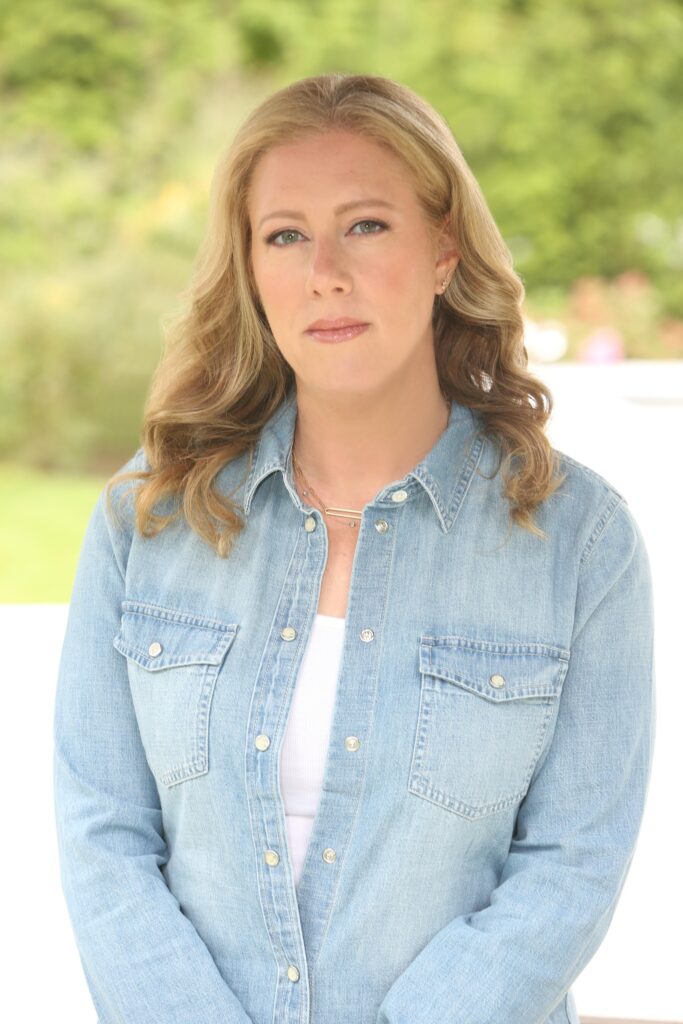Newsletters
Authors In The Media With Rebecca Wolf
New Information about Upcoming Book Related News

Authors In The Media With Rebecca Wolf
Recently I did a Q&A with Rebecca Wolf, the debut
author of Alive & Beating which is available to read now
wherever you get your books! Now she has returned for this Authors In The Media
Q&A where we go in depth on her days as a journalist!
Q: Welcome back to Book Notions Rebecca!
What drew you into a career in journalism?
A: I’ve always been interested in people, and I love to
write, so becoming a journalist seemed the natural career choice. I started
writing for my school newspaper while in high school and continued in Barnard
College as a reporter and editor for The Columbia Daily Spectator. I also
worked as an intern reporter for United Press International (UPI), a wire
service, while I was in London for a semester abroad.
While I always loved to write, and I assumed I would go
into print journalism, I tried my hand at radio and television, as well. After
my first year of college, I worked as an intern on a news show for CBS News
called “America Tonight.” I learned very quickly that I did not want to write a
script for someone else to read. In my senior year of college, I co-hosted a
radio show every Monday night on Barnard’s radio channel. That was a lot of
fun, but it didn’t have the writing element that I enjoyed.
Q: Did you go to college to be a
journalist, or did you apply for a job after graduating high school?
A: I went to college fully embracing the liberal arts
curriculum. While I started writing for The Columbia Daily Spectator in my
first semester, I didn’t take any classes that specifically oriented me towards
journalism. I majored in political science with a concentration in terrorism,
because I had hoped to become a war correspondent.
But life is complicated, and plans change, and in this
case, it was for a good reason: I got married very young, while still in
college, and I couldn’t imagine leaving my new husband to go off to a war zone
somewhere. So, after graduation I took a job at Dow Jones Newswires, which is
the wire service of The Wall Street Journal, and I worked as a financial
reporter covering heavy industries such as steel and chemical companies.
Q: In our Q&A you told me that
journalism helped with writing your debut novel Alive & Beating. I know you
also wrote What I was uncomfortable with was using my imagination to create a
story. With that being said, was writing your book easier in the sense that you
had experience in journalism writing and was it hard because you were
uncomfortable using your imagination?
A: That’s a very interesting question! I think my
experience with news writing made the act of writing less daunting for me. Once
the information was all on the paper (or the screen), the writing process was
comfortable for me. I try to write very cleanly, using language that’s easily
accessible, and telling a story concisely, but with detail. I read a lot of
different newspapers, and many of the elements in my book are “ripped from the
headlines.”
Writing “Alive and Beating” was difficult because the
book is fiction, and I had to use my imagination to propel the book forward. I
spent a lot of time sitting with my family at the dinner table, asking them:
“what happens next?”
Q: What is the wisdom you’ve learned as a
journalist that will help others whether they want to be a journalist or
not?
A: Unfortunately, I’m pretty sour on today’s
journalism, because everything feels biased. I read so many different papers
because I need to find the common denominator among them just to try to discern
what’s real. When I was in college, I took a course at the Columbia Journalism
School with Professor Seymour Topping, who had been a senior editor at The New
York Times. One of the things he drilled into us was that reporters could never
editorialize. A reporter could not write: “It was a beautiful day,” because
that’s the reporter’s opinion. Instead, the reporter had to write: “The sun was
shining and there wasn’t a cloud in the sky. The postman said it was a
beautiful day.”
Today, I think Professor Topping would roll over in his
grave. I can’t read anything without detecting the reporter’s bias. Even worse,
so many people get their news from social media, which is often completely
inaccurate and incorrect. It seems that if someone says something
authoritatively, and often enough, people believe it to be true. It’s a
terrifying time.
I can’t imagine being a journalist today and I would
not recommend it.
Q: I know now you are mainly writing novels
now. Would you ever return to journalism, or have you moved on?
A: As I said above, I would not be able to work as a
journalist now because even if I tried to maintain my integrity and not insert
any bias, it’s doubtful that the news outlet would work that way. I hope things
change.
Q: This next question is my favorite
question to ask authors who are or used to be journalists. Can you give me a
list of people you’ve interviewed?
A: Considering I worked as a financial reporter, most
of the people I interviewed were CEOs or CFOs, not celebrities. I would say the
most interesting thing related to my writing is that one of my articles was
once used in a lawsuit. The company had reported false earnings, and the stock
moved on my article. When it became apparent that the company had fed
inaccurate information to the news, my article was one of the key sources used
in litigation of stockholders against the company.
